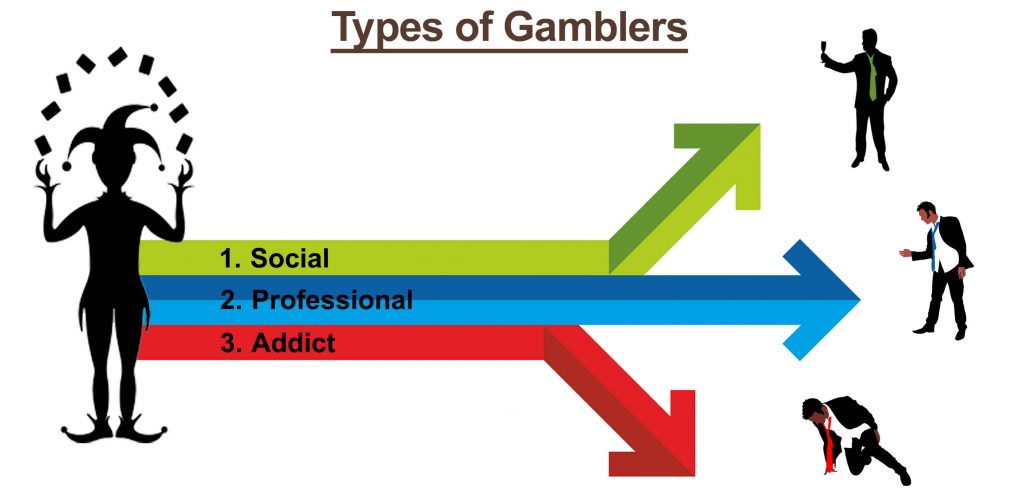What personality type is a gambler? Verifique isto – What is the personality of a gambler
Certain personality characteristics.
Being highly competitive, a workaholic, impulsive, restless or easily bored may increase your risk of compulsive gambling.Pathological gambling is considered in the DSM-IV as an impulse control disorder, as are kleptomania, pyromania, and other "addictive" behaviors. Incidence: The rate of new cases of a disorder over a specified period of time.
They were more prone to experience anger at a particular time and more likely to react angrily to a wide range of situations. Higher levels of anger and alexithymia in PGs were associated with more severe gambling behaviour.
The American Psychiatric Association defines pathological gambling as having 5 or more of the following symptoms: Committing crimes to get money to gamble. Feeling restless or irritable when trying to cut back or quit gambling. Gambling to escape problems or feelings of sadness or anxiety.
What are the 3 types of gamblers
There are three common types of gambler, the professional gambler, the social gambler, and the problem gambler. Be aware that the problem gambler will often believe themselves to be, or pretend to be, a social or professional gambler.Gambling disorder was associated with grandiose narcissism and an inability to regulate emotions. That is, addicted gamblers had higher levels of grandiose narcissism than the control group. In particular, they were more likely to present themselves as being concerned with others to support a grandiose self- image.Gambling disorder was associated with grandiose narcissism and an inability to regulate emotions. That is, addicted gamblers had higher levels of grandiose narcissism than the control group. In particular, they were more likely to present themselves as being concerned with others to support a grandiose self- image.
A gambling addiction can also be difficult to recognize, not just to the addict, but family and friends take longer to catch on as well.
…
GAMBLING MORE THAN YOU CAN LOSE
- YOUR EMOTIONS ARE NEGATIVELY AFFECTED.
- YOU ARE OBSESSESED WITH GAMBLING.
- YOUR LOVED ONES THINK YOU HAVE A PROBLEM.
What disorder do gamblers have
Some people progress to pathological gambling, which can be a form of addiction. People with a gambling addiction can't control their urge to gamble, even if they are losing a lot of money. They are willing to risk something of value in the hope that the return will be more valuable.The magnitude of gambling problems was also linked to primary psychopathy, but this link was fully explained by the reduction in protective strategies associated with primary psychopathy. Secondary psychopathy was also associated with having gambling problems and this link was mediated via urgency.People with gambling disorder often abuse alcohol, tobacco, or other drugs, have mood or personality disorders such as schizophrenia or antisocial personality disorder, or have attention deficit hyperactivity disorder (ADHD).


